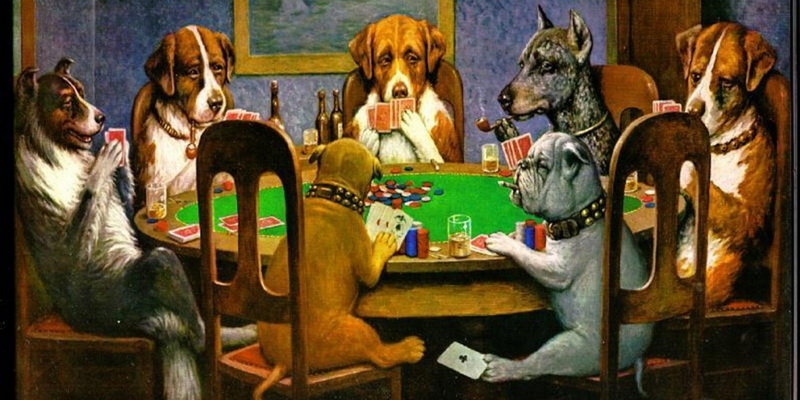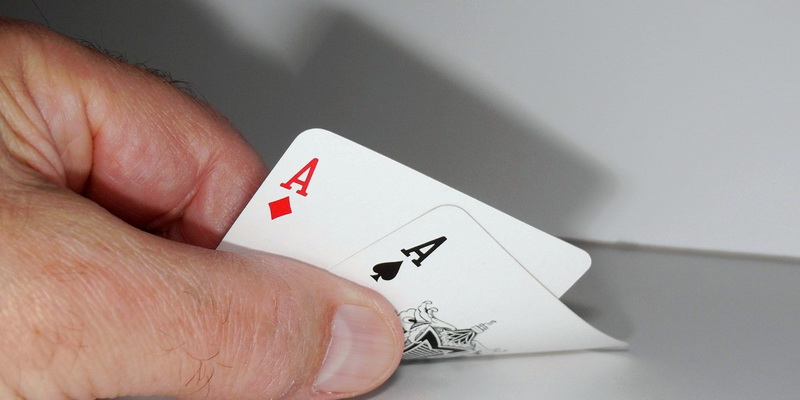Content
Good cards alone are not enough to win the game. The only exception is if you manage to get a royal flush. But this hand is extremely rare, and sometimes it is not possible to get it even after hundreds of games. One of the things that leads to winning is keeping an eye on your opponents in a poker game.
Watching your opponents in poker - what and how do I need to understand?
If you want to understand what cards your opponent is holding, you need to observe their body language and analyse their previous games.
Body language
A person might raise the stakes for two reasons:
- he has really good cards;
- he's just bluffing and hoping that his opponents will leave the game.
It is important to notice the signs, gestures or facial expressions that your opponents make when bluffing. Observing body language really helps to understand whether a player believes in himself when he raises a bet. Confidence is only possible when there is a chance of winning. The exception is if the opponent is lying or has mastered his body language, then it becomes much more difficult to predict the cards he holds.
Issuing marks
Certain body markings can tell you what initial cards a player received. These may be involuntary or staged.
Sometimes a player with a weak hand will place chips on the table in a rather expressive manner. This is to convince them that they have good cards. Another player with good cards may be very reluctant to bet. This is also an act of misdirection.

Strong players often do more than just try to deceive others. They try to understand who is trying to decipher their body language. Once they realise that they have managed to deceive such a person, they will henceforth change their tactics to make it harder for you.
Example: a player pretending to have a bad hand. He pretends to have bad cards when he really has good cards. You believed it and played to the end. Since this player knew that you were following his actions, the next time he will cheat only you. In the second game, he pretends again. This time, he thinks he has good cards. You believe him and withdraw from the game because you think he is bluffing. In the end, he wins with a good hand. In the future, this player will try to mislead you throughout the game, so there is little chance that you will be able to observe his body language during the game.
Player strategy
Players usually follow the same pattern of play. The mistake is made by those who don't keep an eye on their opponents after the cards have been discarded. Watching others and analysing their actions can be very useful. This is how you can distinguish:
- who plays aggressively and who plays passively;
- who often withdraw in the first round of betting;
- which players start the game with only two good hole cards;
- which opponents call bets throughout the game in the hope of getting good hands;
- who often bluff;
- some people don't raise their bets until you bet a little more and then they suddenly raise the amount.

Is there a difference between watching strong and weak opponents in poker?
It's important to remember that a strong player is better at controlling his body language. A weak player's facial expressions or body movements are more likely to give away which cards he has. The exact opposite happens with strategy prediction. A strong opponent is often consistent, deliberate and does not change his tactics, which makes it easier to predict how he will play. A weak player has no strategy, plays inconsistently, and it is very difficult to predict what cards he has.
